ZED, a game that might make your own head spin a bit, as you assume the role of an aging artist whose mind isn’t quite all there. Taken over by a haze of dementia, you will be tasked with piecing together his mind.

Direct Link
Developed by Eagre Games together with Skymap Games and publisher Cyan Ventures (the publishing arm of Cyan, developer of Myst), ZED is one of those games that split me. It made me think on a lot of things in the way that not too many games do. It was a very strange and surreal experience, one I’m not going to forget any time soon. Since it's not a very long game, I won't give out too many details on what happens as it would spoil it a bit too much I think.
ZED is full of some seriously good and incredibly strange design-work. It might be one of the most unique games I've played in some time, visually speaking. A twisting hallway made of doors—why not? It filled me with questions, where do those doors go? Are they all memories locked away you can’t access? Some times the best questions from games, are those that go unanswered to keep you thinking.
To be clear on something though, ZED is not a heavy puzzle game, instead it's more of a narrative-driven adventure. You could say it's a walking sim, which would be somewhat accurate although I don't particularly like that term myself, it feels pretty appropriate here. You continue to explore new weird and wonderful areas, each often representing something from your past. You collect memories to read over in your journal and when you've found enough you're ready to move on. There's a few light puzzles, which mostly rely on your powers of observation rather than twisting your brain around, so overall it's a pretty relaxing game.
As for the performance, is mostly sat around a smooth and solid 60FPS. It dips when entering a new scene as objects load in but it very quickly stabilizes.
Interestingly, ZED isn't quite the same game that was planned originally, so to go along with the official Linux release, I caught up with some of the people involved in making ZED a reality. So grab a coffee for the below interview.
GOL: What's it really like to run a crowdfunding campaign? ZED managed to get around $57,180 according to Kickstarter, it sounds like a lot but how far does that really go?
Chuck Carter (Founder, Eagre Games/Creative Director): “Well crowdfunding is a lot of work - all the setting up of the rewards, tiers and page design - to getting all of the assets needed for what you are raising money for. Responding to every social media request - tweet, post and email - and going out and shaking the bushes of people who might be interested in what you’re selling and raising money for - all that research - let me just add - it was 24/7 a month before we launched ours.”
Seth (COO Eagre Games): “Running a crowdfunding campaign is best described as horrible. Horrendous. Hideous. Also bad, and not very good. When you run a crowdfunding campaign, especially on Kickstarter as we did where it's "all or nothing" the amount of stress you burden yourself with is beyond unhealthy. During the campaign I averaged about three hours of sleep a night and had the worries of not meeting the goal and stress of the campaign on top of that. There's enormous pressure to get your name out there and be engaging 20hrs a day, much of the public is somewhat averse to Kickstarters, it's difficult to get press attention, and quite frankly we didn't really know what to do while we were doing it. Looking back there's a LOT that we could have done better and should have done differently, but overall it wasn't as bad of experience as my initial response was. We met a lot of cool people and built a small fanbase of people who were genuinely interested in a concept Chuck had. As for the money, what we got really was not much and we grossly underestimated our funding.
Being based in Maine, our costs for overhead are actually fairly low, but unexpected expenses always come in and we didn't do a good job planning for that, and as many Kickstarters do, we ran out of money. Looking back it's utterly terrifying how close we came to flopping if not for Chuck's resilience for getting this story out. These are all great lessons that we're able to take into account for our next projects and can share with others.”
GOL: It's been a few years since the initial crowdfunding campaign. How has ZED changed from that initial vision to the final product?
Chuck: “Well at first we hoped to raise more money from other resources so we could expand our team for a much larger project. When that kind of funding did not materialize, we had to scale back our expectations after a while. Just not enough funds to make the game we really wanted to make in some ways. But having said that - what we came up with with redesigns and a lot of work is what you see now - more focused on story and experience. And I think considering how small the core team really was and all of the obstacles we ran up against - running out of money, struggling to keep the company and project afloat, and keep the vision of the story/game alive - including living in my office for almost two years so I could save some money - I think we’ve made something pretty special.”
Seth: In some ways it's changed significantly, in others it's really remained the same. The narrative is a lot tighter and more focused now and the gameplay is less puzzle oriented and instead more story oriented, which is actually more in line with what Chuck’s original vision was. The reason for this is that in 2018 we ran out of funding and were going to fold. Chuck decided to be a hero and take one more try at it, and partnered with our friends at Skymap Games to rebuild the game with VR and performance in mind and pitch to publishers.
GOL: You can see Carter's previous contributions to Myst coming through in your game. Did anything else inspire ZED?
Seth: ZED has been uniquely influenced by Chuck’s life. The house he grew up in is in the game, for example. I’ve always wondered just how personal ZED really is to Chuck. That said, the game has nearly a hundred Easter Eggs in it, there are little references an homages to everything.
Chuck: An early mentor/artist friend of mine had dementia and eventually passed away from various complications - that story stuck in his mind through the years and resulted in the story for ZED. As for art inspiration - too many things to mention here - I think if you ask anyone what inspires them you’ll get a ton of answers.
GOL: We've seen a lot of developers complain about things like Steam's algorithm, not getting noticed and so on. How has ZED's release been for you so far?
Chuck: “SETH - Answer this!”
Seth: “The only Steam release I care about is the Linux release. Steam is a seriously flawed ecosystem right now. In 2019 there will be over 10,000 games released for the first time in the history of the platform, in addition to the 30,000+ games already available on Steam. We’re not just competing against the releases of the day or week, but even games from 20 years ago. The original Half Life sold over 50,000 units in 2018. It’s now not uncommon for moderately anticipated titles to have sub-1000 launch week sales, and that’s a really unhealthy ecosystem for developers to release into.”
GOL: Since you developed the game with Unreal Engine, how did you find the Linux experience to be?
Seth: “Save for Godot, I figure UE4 actually works better for Linux than any other engine. Our friends at Skymap have another big Linux aficionado in-house in Ryan Kornheisl who’s worked with Lead Programmer Jon Vazquez to make everything work beautifully. We’ve had beta testers claim that this is the best Unreal Engine Linux build they’ve ever played.”
Jon Vazquez (Lead Programmer, Skymap Games): “Getting the game running on Linux was pretty easy overall, It mostly worked out of the box minus some issues with graphical bugs which were fixed with a version upgrade, and issues with setting resolution.”
Ryan Korhnheisl (Programmer, Skymap Games): “Pretty smooth for the most part! Some oddness with resolutions at the engine level but I imagine that will get smoothed out in upcoming UE4 versions.”
GOL: What is the most ridiculous bug you've come across while developing ZED? One that really made you laugh?
Jon: “The most ridiculous bug? The fact that no matter how hard you try, you cannot get the proper supported resolutions of the connected monitor on Linux and you cannot change the resolution as well. Simply because UE4 forces windowed fullscreen on Linux, which as a result in their code, makes it so it only gets the desktop resolution when using windowed fullscreen. So it’s a bit of an endless cycle.”
Ryan: “There was a texture bug that made the game real trippy but an engine update fixed that for us. I think the most ridiculous thing was the lack of Linux specific bugs actually. It was smoother than the "it just works" Mac version!”
Seth: “This is such a fun question. My favorite bug was one that allowed a player to pick up an object and have it fly halfway across the map, snap back, and smack the player in the face. My girlfriend discovered that at an inopportune time. We’ll probably miss out on sales by saying this, but unfortunately that build was scrapped.”
GOL: If you could do it all again, what would you do differently? What was your biggest challenge.
Chuck: “Full funding up front, a solid production oriented team - and a design that will be rock solid with no unnecessary changes in scope and content… every developer’s pipe dream.”
Seth: “As cliche as it sounds, the lessons we learned as a team have been invaluable, and they’re going to help us going forward. One of our biggest challenges was a major bottleneck in staffing that kept up part of production unnecessarily. We kind of had to balance bringing in income outside of gamedev to feed ourselves and getting the game done.”
Jon: “I would probably run a custom engine and have had an open thread on Linux for UE4 Linux support. This probably could have solved the headache of graphics issues on Linux.”
GOL: What's next for Eagre Games?
Seth: “Genuinely exciting things.”
Chuck: “Can’t tell you right now but it’s radically different from ZED and MYST. :0)”
Seth: “Chuck has already said too much!”
GOL: Thoughts about the future of Linux gaming?
Jon: “I was pleasantly surprised by the support that Linux games get by Linux gamers in general. They are very active and willing to provide as much help as possible. If more games get on Linux I think engines like UE4 can properly put more time and support into this platform. There is definitely a need and a want for Linux games.”
Seth: “I’ve spilled the beans on your Discord (and also made it this far without the obligatory shoutout to the superb GoL Discord group) that I think a lot of major players in the gaming industry are starting to get turned on to Linux. Obviously Google’s Stadia platform has a Linux back-end and there are probably other major players in the industry investing heavily into innovative Linux technologies as well. Platforms like Proton and Lutris are beginning to make WINE obsolete. Vulkan is making Linux more accessible than ever. I wholeheartedly feel that is the best time in history to be a Linux gamer, and it is getting better every month.”
Ryan: “I think the future of gaming for Linux is looking good, hopefully I can help! The quality of hardware support is the best it’s been and game engines are bringing stronger and stronger support. Just need to keep being vocal so game devs keep putting in the small effort to port”
GOL: What's your thoughts as a studio about the Epic Games Store?
Seth: “I’ve chimed in on a number of very spirited and wonderful discussions about this on Discord and there’s a lot of productive dialogue to be had here. For starters, I’m not happy that they’re not yet supporting Linux and I’ve raised the issue directly with Epic. That aside, I highlighted earlier some of the ways that the Steam platform is failing developers. The biggest issue that the Epic Games Store brings for developers is the 23% savings over Steam since we’re an Unreal Engine title. That’s money that we can either pass on to the consumers or use to make our games better. We’ve literally had staff members sleeping on the floor of our office to cut down on their costs so they could continue working on ZED, and losing 35% of our revenue on Steam in an already overcrowded ecosystem really hurts us a lot and means it’s going to take a lot longer to recuperate our costs.
There are legitimate conversations to have about whether or not consumers want to support exclusivity deals, but some people have gone into hysterics with hocus pocus nonsense about EGS that simply isn’t true. I’m very fortunate to know some of the people at Epic fairly well and they’re genuinely good folks who are doing consumers and developers a long-term favor by entering and disrupting the market.
TL;DR: My thoughts are largely positive from a developer’s perspective and will be nearly entirely positive once they support Linux. It seems stupid to have a storefront that supports Mac but doesn’t support a platform 5x the market of Mac.”
Chuck: “I want to test those waters! I’ll let you know!”
Seth: “I’d like to add a final note just to say that we’re really big fans of the Linux Community. We got such a tremendous response from Linux users on IRC, GoL and r/Linux_gaming during our initial Kickstarter that I’ve been saying for years we couldn’t do it without you. I’ve stated from the very beginning that my goal with this is to encourage other developers to develop for Linux, so feel free to buy ZED and leave a comment saying you got it for Linux so that we can go and advocate. Love ya’ll ♥ “
I would like to thank Seth, Ryan, Jon and Chuck for taking time to answer the questions, some very interesting answers I enjoyed reading. For those interested, Chuck Carter also wrote a longer post on Steam about some of the troubles faced. It's quite an interesting read too.
If you enjoy relaxing narrative-driven games, that don't take what feels like endless hours to complete, you should put ZED on your list.
You can find ZED on Steam. It's also on GOG with a Linux version expected sometime soon.
edit:
I'm wondering though:
It seems stupid to have a storefront that supports Mac but doesn’t support a platform 5x the market of Mac.Where does this impression come from? From all statistics I've seen, Linux is never 5x the market of Mac.
Last edited by Corben on 26 Jun 2019 at 1:15 pm UTC
I also support developers that make a Linux version. Thanks for the interview.
It's always interesting to read how a game is made and the struggles that come with it.
Quoting: CorbenAnd how many Macs out there are capable of running any game at all? :DIt seems stupid to have a storefront that supports Mac but doesn’t support a platform 5x the market of Mac.Where does this impression come from? From all statistics I've seen, Linux is never 5x the market of Mac.
Number of Linux gaming machines is probably much bigger than that.
Quoting: CorbenWhere does this impression come from? From all statistics I've seen, Linux is never 5x the market of Mac.1) Thank so much for backing.
2) From Wishlists and general community engagement and traffic we've had from our Kickstarter to Discord, Linux has represented at minimum 5x the users. There aren't that many Mac gamers, and one thing I get from other devs is that they don't open their wallets as much either.
I talk to a lot of other developers who say "How are you getting hundreds of wishlists on Linux?" and I say "you're not?" and they say "no!" -- "Well, are you building for Linux?" "...no" - "Maybe that's why you're not getting the engagement then."
Quoting: EhvisBut from the Steam discussions a big question remains for me. Can I rebind the WASD (and other keys) to something that actually works for me?Soon. This is in a future quality-of-life update. Arrow keys also work.
Quoting: Sojiro84I also support developers that make a Linux version. Thanks for the interview.Thanks. The best thing you can do is leave a review/comment for the developers on Steam to tell them "thank you" for the Linux release. This allows someone like me to return to our publisher, who wanted to ax the Linux version but keep Mac, and say "This is why you build for Linux, and you should make your future games for Linux as well."
Quoting: smantz0rZI will do that for sure!Quoting: Sojiro84I also support developers that make a Linux version. Thanks for the interview.Thanks. The best thing you can do is leave a review/comment for the developers on Steam to tell them "thank you" for the Linux release. This allows someone like me to return to our publisher, who wanted to ax the Linux version but keep Mac, and say "This is why you build for Linux, and you should make your future games for Linux as well."
Quoting: smantz0rZI talk to a lot of other developers who say "How are you getting hundreds of wishlists on Linux?" and I say "you're not?" and they say "no!" -- "Well, are you building for Linux?" "...no" - "Maybe that's why you're not getting the engagement then."Seems obvious, doesn't it? :D
But that's pretty cool to read, so those devs you talked to seem to have some interest in our favorite platform. Nevertheless, I've heard from other devs, that their sales are more like what the e.g. steam hardware survey shows. There are exceptions of course, like Helium Rain, who shared some numbers and wrote to have 10% Linux sales. Which is awesome!
I guess it depends on the game, for small studios a Linux version is often worth the effort, for those huge studios maybe not, at least not percentage-wise. Maybe with Stadia it might change a bit, as studios have to develop for Linux. And if it's not a Stadia exclusive, why not also get the Linux sales on e.g. Steam (fingers crossed for Destiny 2 :))
Platforms like Proton and Lutris are beginning to make WINE obsolete.I know what he's trying to say there but it's still quite funny.
Quoting: smantz0rZQuoting: CorbenWhere does this impression come from? From all statistics I've seen, Linux is never 5x the market of Mac.1) Thank so much for backing.
2) From Wishlists and general community engagement and traffic we've had from our Kickstarter to Discord, Linux has represented at minimum 5x the users. There aren't that many Mac gamers, and one thing I get from other devs is that they don't open their wallets as much either.
I talk to a lot of other developers who say "How are you getting hundreds of wishlists on Linux?" and I say "you're not?" and they say "no!" -- "Well, are you building for Linux?" "...no" - "Maybe that's why you're not getting the engagement then."
I'll buy it on GOG for sure!
Quoting: CorbenBut that's pretty cool to read, so those devs you talked to seem to have some interest in our favorite platform. Nevertheless, I've heard from other devs, that their sales are more like what the e.g. steam hardware survey shows. There are exceptions of course, like Helium Rain, who shared some numbers and wrote to have 10% Linux sales. Which is awesome!Give me 11% Linux - I'm a GoL user!!
Actually, most devs see Linux as a far afterthought it seems. The devs I've talked to who are most serious about Linux are actually really oldschool devs who've been in AAA for multiple decades. Weird, huh? Another interesting thing that came up at a convention was that devs see a lot of Linux comments online, but never see anyone in person asking for Linux. That could be because Linux gamers have little incentive to go to a convention that features 99% Windows and console games, but the lack of physical presence might hold developers back. As I said, I'm trying to change that.
Last edited by smantz0rZ on 26 Jun 2019 at 7:09 pm UTC
Quoting: tumocsI know what he's trying to say there but it's still quite funny.That's incredibly generous of you. I don't even know what I was trying to say.
I made a positive review on Steam because of course I did. :D
Bought the game, even though reviews are not that stellar. :/ Had it on wishlist for quite some time, waiting for the release.
Last edited by Solitary on 26 Jun 2019 at 11:09 pm UTC
This part though was a bit strange:
Platforms like Proton and Lutris are beginning to make WINE obsolete.Wine is really the base of Proton, and without it Lutris won't work with Windows games either, so it's hardly obsolete ;)
Last edited by Shmerl on 27 Jun 2019 at 7:07 am UTC
Game Dev is a tough business. It is good to see people who tough it out, make a good product, and are still ready to dive back in.
And, yes, I appreciate the Linux support.
Quoting: ShmerlI'm guessing the intent there was "... beginning to make *manually mucking about with* WINE obsolete."Platforms like Proton and Lutris are beginning to make WINE obsolete.Wine is really the base of Proton, and without it Lutris won't work with Windows games either, so it's hardly obsolete ;)
I was another Kickstarter backer, and I'm glad to see the project made it to completion! Sorry to hear the publisher tried to kill the Linux support, but not too surprising - they refused to support Linux for the new Myst collection, even though they used CodeWeavers to (partially?) support macOS:
https://www.kickstarter.com/projects/1252280491/myst-25th-anniversary-collection/faqs
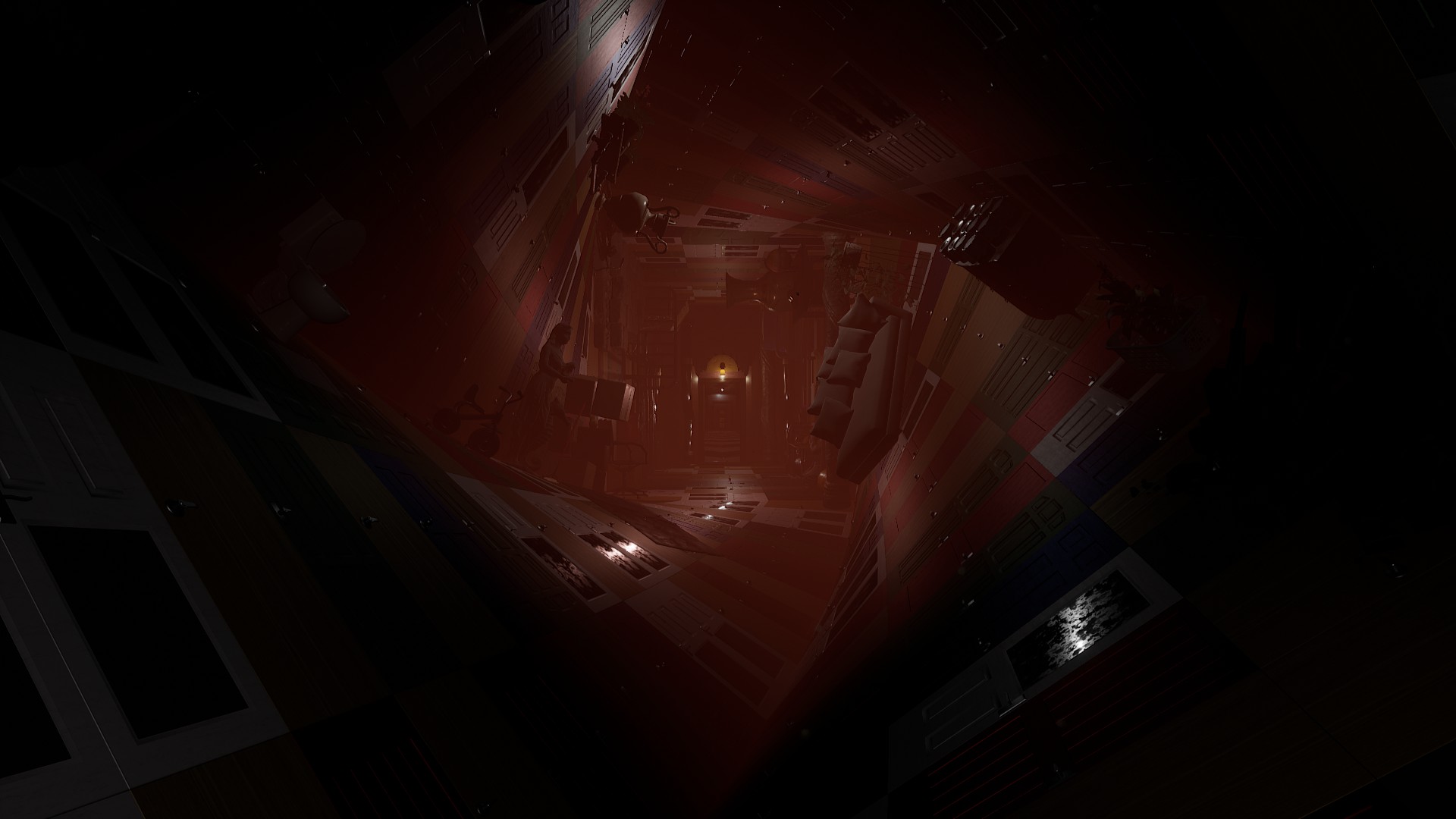
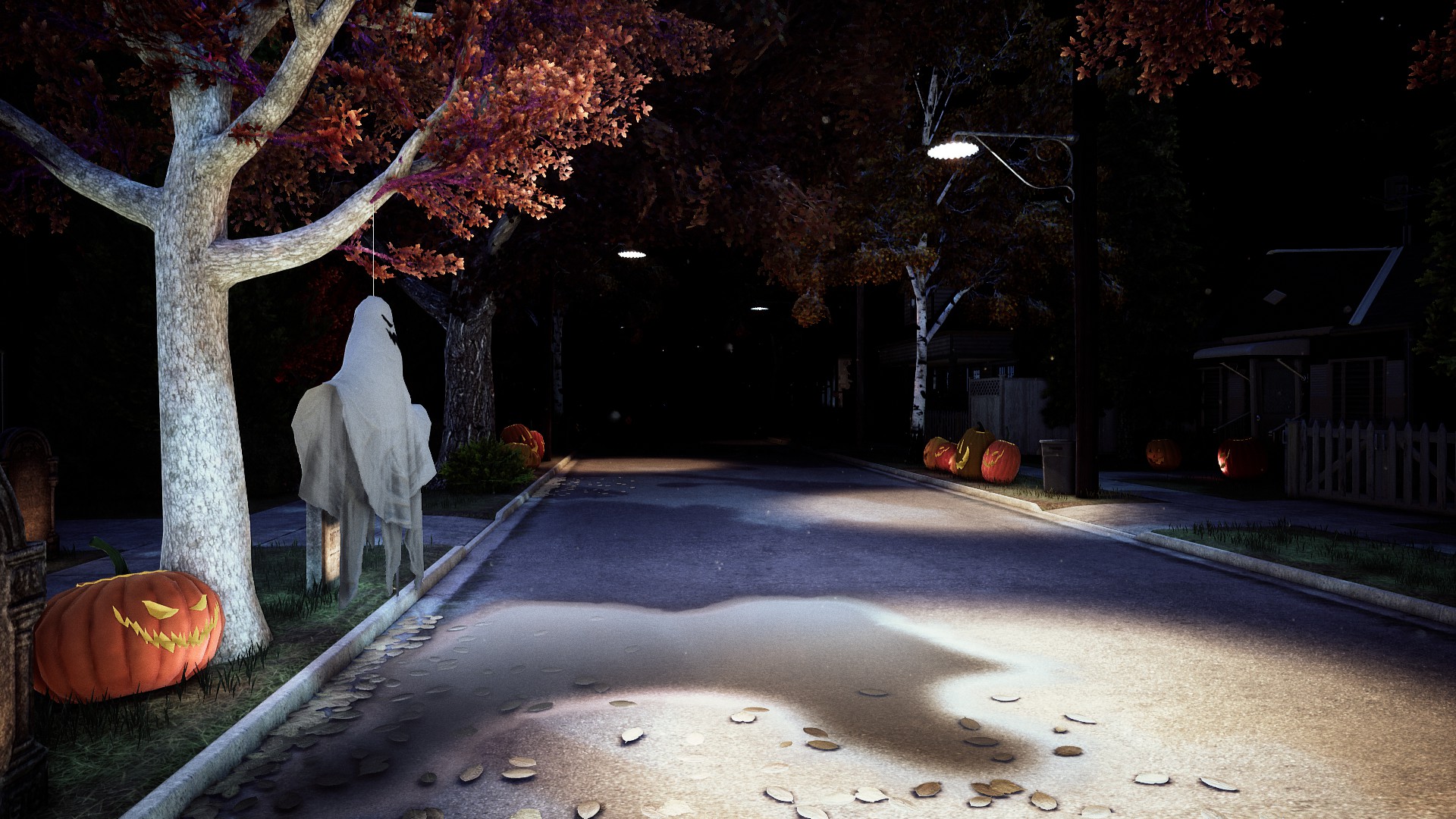
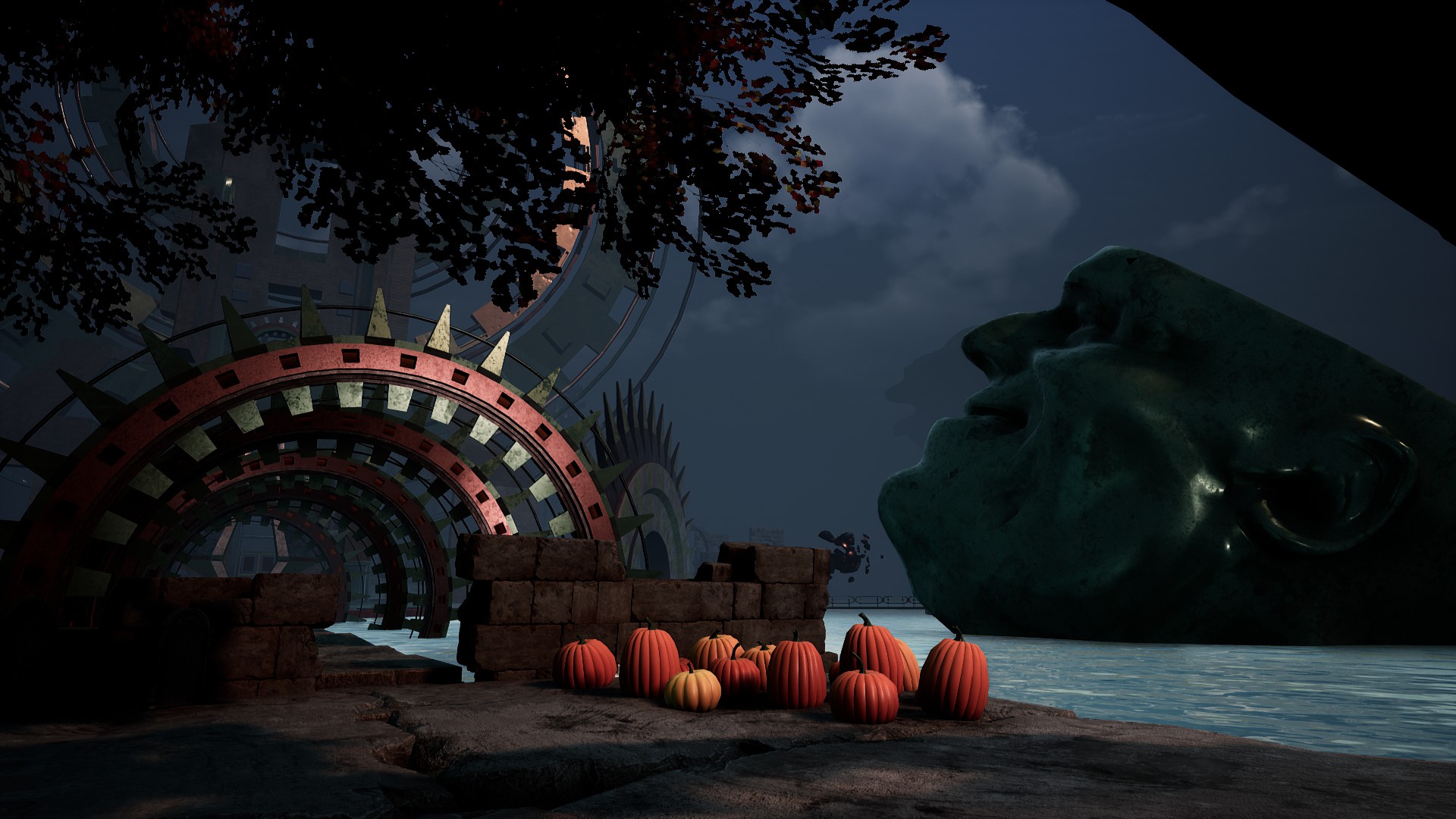
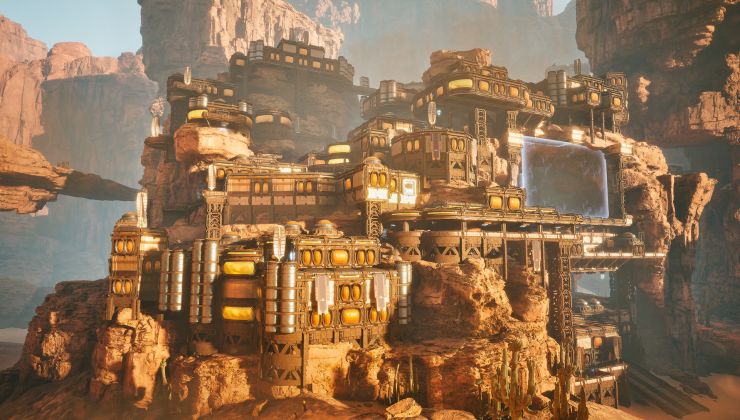
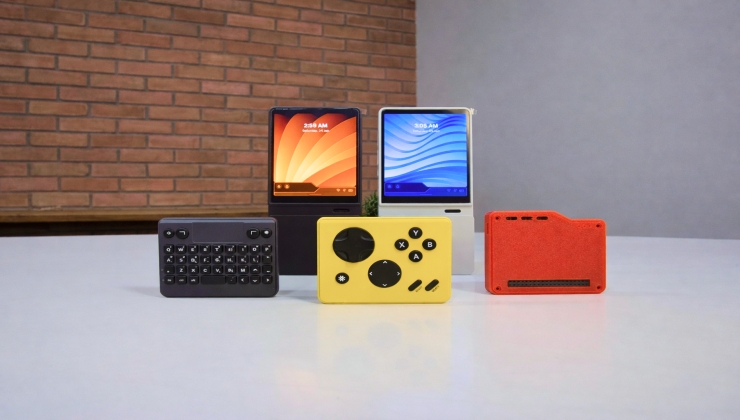

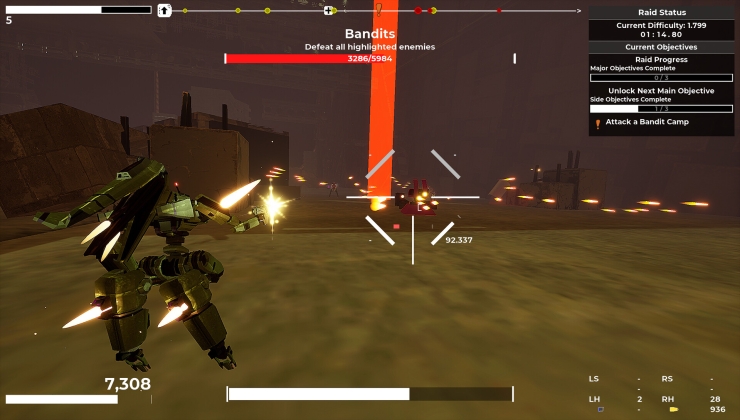








 How to setup OpenMW for modern Morrowind on Linux / SteamOS and Steam Deck
How to setup OpenMW for modern Morrowind on Linux / SteamOS and Steam Deck How to install Hollow Knight: Silksong mods on Linux, SteamOS and Steam Deck
How to install Hollow Knight: Silksong mods on Linux, SteamOS and Steam Deck